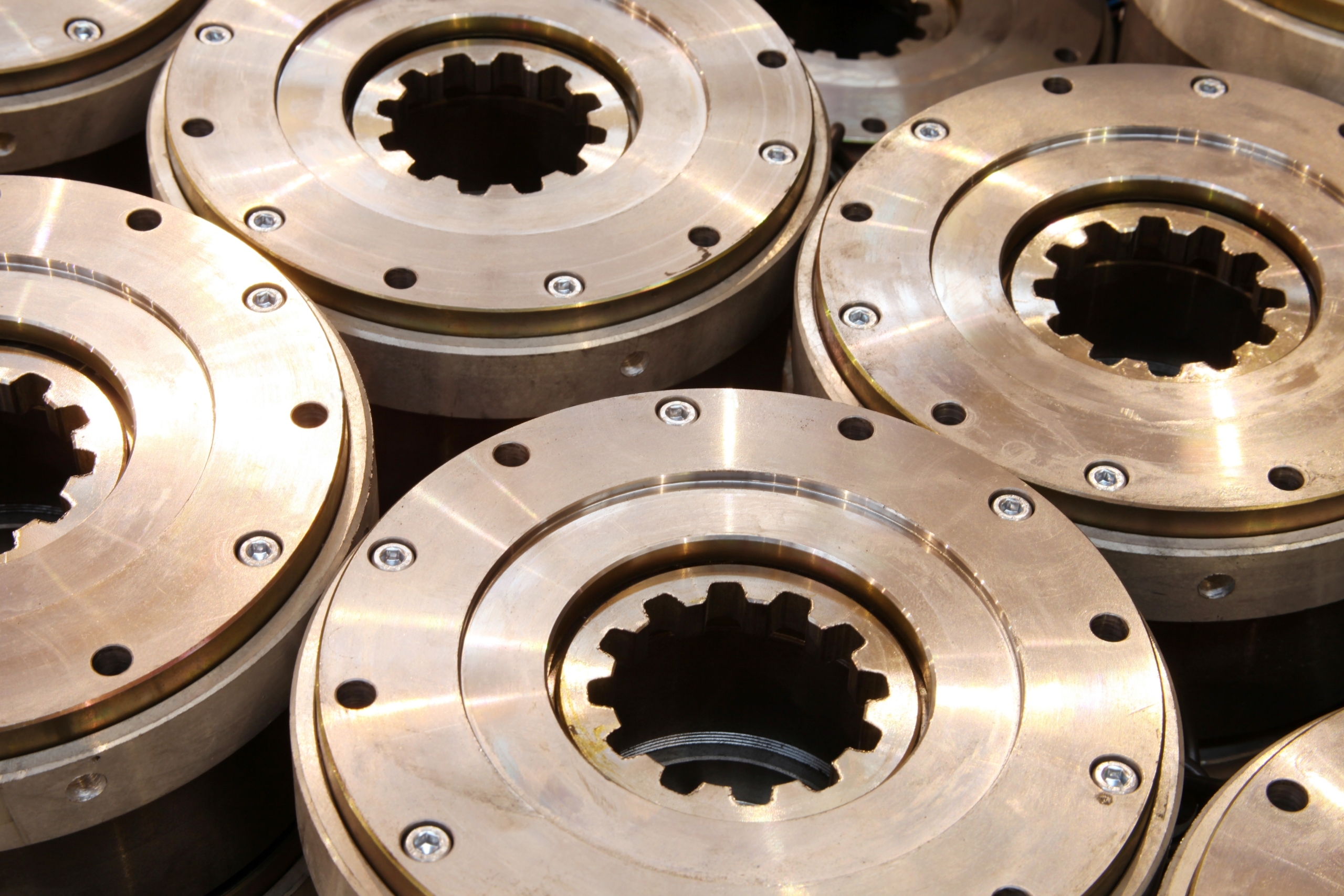Stainless steel is one of the most prized metallic alloys due to its attractive surface quality and excellent corrosion resistance under normal conditions. Degreasing the lustrous alloy, however, does not count as a “normal condition.” On the contrary, the metal is exposed to a cleaning agent that is not normally a part of its daily exposure to stimuli in the environment where it is situated. This is why care must be taken to choose safe degreasers for restoring the metal.
Cleaner Qualities That Harm Stainless Steel
In choosing safe degreasers for stainless steel, it is essential to choose cleaning solutions that do not contain substances that could harm the metal’s surface due to physical action or chemical reaction. There are several substances that could have one of these effects, but the three types of substances listed below are some of the most common offenders. When choosing degreasing products for stainless steel, avoid cleaners that contain any of these substances.
- Gritty Particulate Matter
Avoid using degreasers that contain gritty particulate matter for the same reason you would avoid using a metal polishing cream that contains the same thing: The solution could scratch the surface of the alloy, compromising its appearance. Furthermore, if the particles of particulate are large enough, they could cause a phenomenon known as “pitting” that precipitates corrosion.
- Corrosive Cleaning Acids
Heavy duty cleaning acids such as hydrochloric acid, sulphuric acid, and muriatic acid are highly useful for many types of industrial cleaning operations, but stainless steel cleaning jobs are not among them. Corrosive acids have the power to strip stainless steel of its silvery shine almost instantaneously. Replacing the shine will be a dull surface that looks worse for the wear.
- Chlorinated Formulation
Chlorinated cleaning solvents such as trichloroethylene (TCE) are hazardous to more than the environment and the health of workers who apply them. The solvents also spell danger for the chromium-infused surface quality of stainless steel. Chlorinated solvents are safe degreasers to use on some material, but chromium alloys such as stainless steel are not among them. This provides another reason to phase out any hazardous chlorinated cleaning solvents you use.
Need Safe Degreasers for Stainless Steel?
If so, Ecolink can provide you with solutions that are formulated to clean the metal safely and effectively. In addition to avoiding cleaners that contain the substances above, it is also important to know what type of stainless steel you need to clean. This information can often be found in the owner’s manual for the equipment you need to clean. If you don’t have an owner’s manual for your stainless steel product, contacting the manufacturer is the best alternative.
Contact Us to Order the Degreaser You Need
Once you know the type of stainless steel you need to clean, contact Ecolink to determine the best degreaser for your needs. Contact us by telephone at (800) 563-1305, or fill out the contact form on our website. We look forward to supplying you with safe degreasers for stainless steel!















